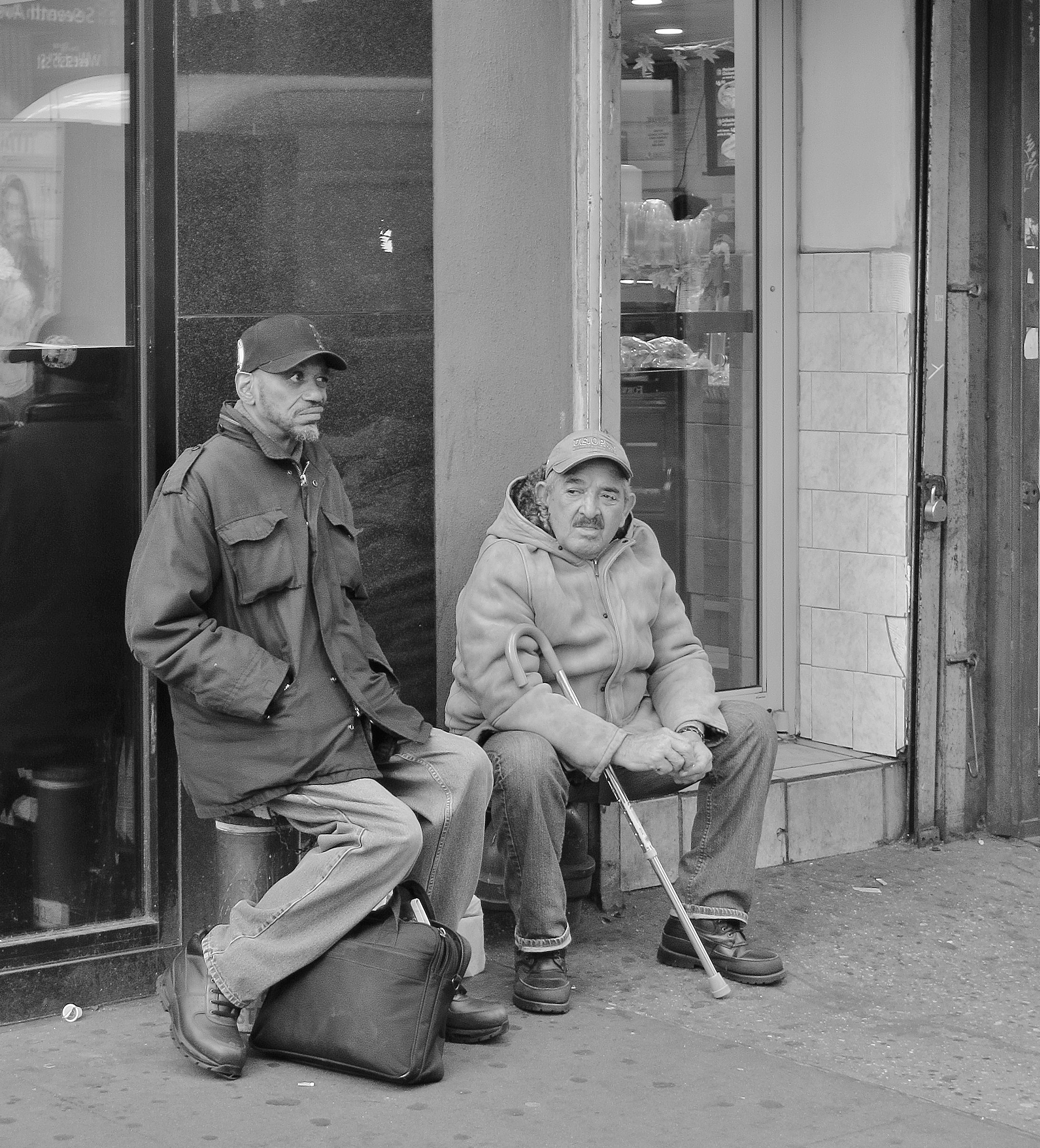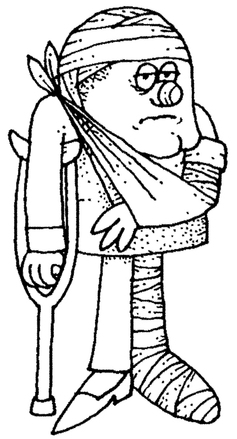It is not uncommon for an individual hurt in a work-related accident, for which workers’ compensation benefits are due, to also have a liability case against a negligent third party. Where compensation is recovered in both cases, the injured party may have to give some of the third-party recovery to the workers’ compensation insurance carrier…
Continue reading ›Florida Injury Attorney Blawg
At-will employment allows employers to adjust the terms of employment with employees at any time, with or without notice, for any reason, and without legal consequence. Montana is the only state that is not an at-will employment state. At-will employment not only subjects employees to arbitrary terminations and reductions in hours, it discourages employees from…
Continue reading ›Emergency medical services and care can play a pivotal role in Florida workers’ compensation cases. Under section 440.13(1)(e), Florida Statutes, “emergency services and care” is defined by its reference to section 395.002, Florida Statutes (2024), as follows: (9) “Emergency services and care” means medical screening, examination, and evaluation by a physician, or, to the extent permitted…
Continue reading ›In Ripple v. CBS Corp., 385 So.3d 1021 (Fla. 2024), the Florida Supreme Court held that a spouse who married the decedent after the onset of the injury that caused the decedent’s death can recover damages as a “surviving spouse” under section 768.21(2) of the Florida Wrongful Death Act (the Act). That provision allows a…
Continue reading ›Medicare is a taxpayer-funded federal health insurance program that pays some health insurance costs. People are eligible for Medicare when they turn 65 years old. In addition, Medicare is automatically available 24 months after becoming entitled to Social Security Disability Income (SSDI). (Date of entitlement is the date of disability plus a five month waiting…
Continue reading ›Active tortfeasors become legally liable for engaging in negligent conduct. Passive tortfeasors become liable for the negligent conduct of active tortfeasors through the legal principle known as vicarious liability. Examples include owners of motor vehicles whose permissive drivers cause crashes and employers for the acts of their employees. Nowadays, active tortfeasors can be released from…
Continue reading ›Not infrequently, both a workers’ compensation case and a personal injury liability case will arise from the same accident. For example, a construction site supervisor involved in a motor vehicle crash while traveling to Home Depot for supplies can pursue workers’ compensation benefits from the employer and civil liability damages from the at-fault party. Florida…
Continue reading ›We just received a telephone call from a heartbroken mother whose 47-year old daughter died a few years ago after falling into a diabetic coma. A well-being, or safety check, call was made to the local police department a day after the young woman phoned to inform her employer that she wasn’t feeling well. A…
Continue reading ›I have railed for years against various aspects of Florida’s workers’ compensation system. One of my main targets has been section 440.13(9)(c), Florida Statutes, covered under the section of the statute dealing with “Expert Medical Advisors.” What bothered me about the law is that it excluded workers’ compensation judges, known as judges of compensation claims…
Continue reading ›Florida law authorizes employers and their workers’ compensation insurance carriers (“E/C”) to choose every one of an injured worker’s treating doctors. See, sections 440.13(2)(a) & (f), Florida Statutes. They pick medical providers, sometimes called “The Usual Suspects,” from whom they can expect to receive favorable opinions. Because the doctors like the steady and easy income,…
Continue reading ›
















